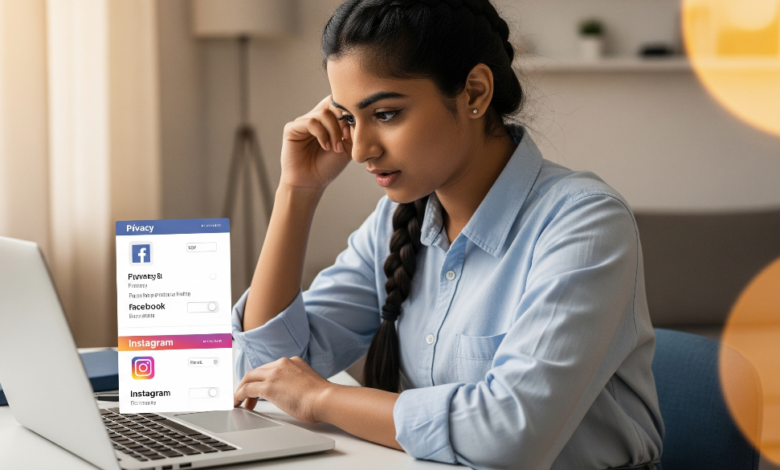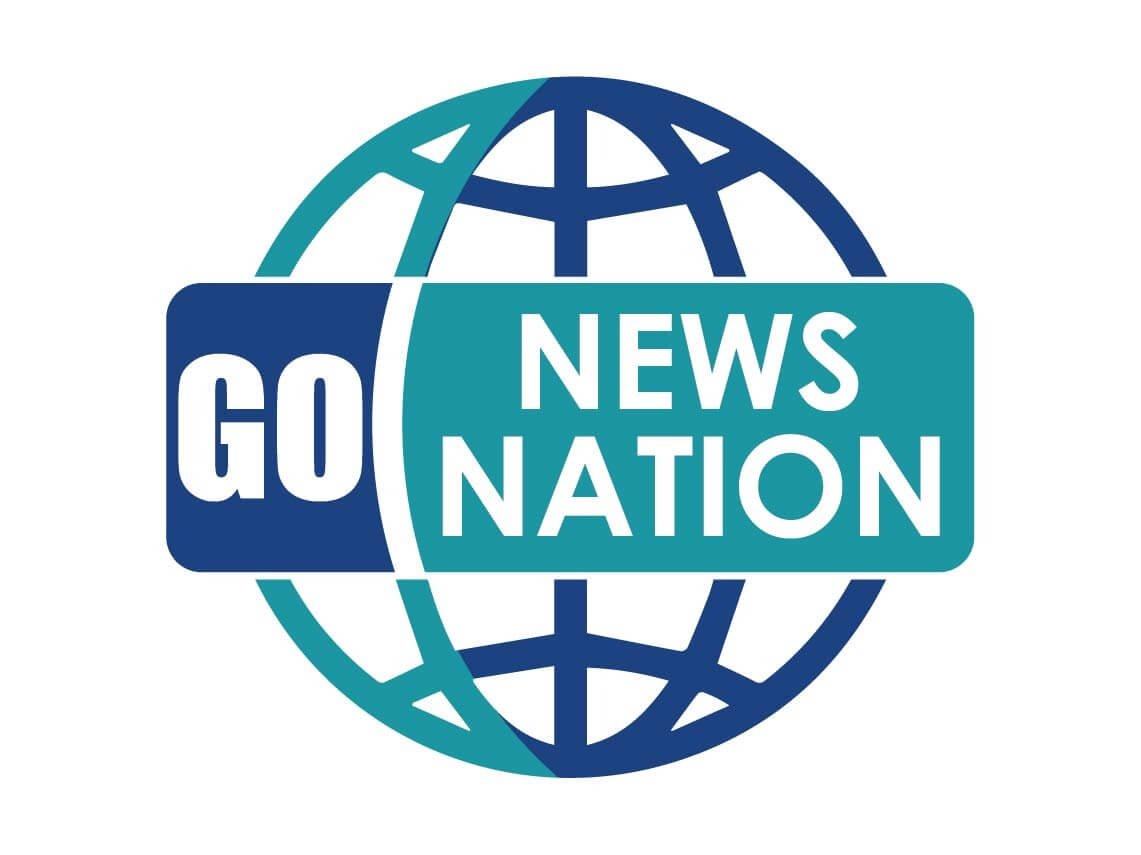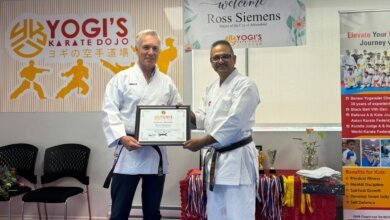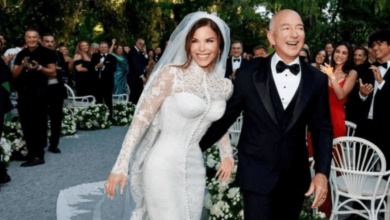Why Social Media Is the Hot Topic for US Visas – What Every Indian Applicant Should Know

A new wave of attention is sweeping across social media and visa forums—“US visa social media,” “social media US visa,” and “US Embassy India” are trending search terms. And for good reason: a major change now requires visa applicants to make their social media accounts public for review.
What’s New?
In June 2025, the U.S. Embassy in India announced a policy that affects all applicants for F (student), M (vocational), and J (exchange) visas:
All social media handles used in the past 5 years must be listed on the DS-160 form, and accounts should be made public for review.
This means consular officers now examine Facebook, Instagram, X (formerly Twitter), YouTube, LinkedIn, Reddit, and more to check for identity, intent, and red flags. They are particularly focused on scanning social media linked to US visa applicants.
What Indian Students Need to Know
1. Privacy vs. Transparency
Many students are scrambling to clean up their feeds. Some even delete old accounts. But according to U.S. officials, deleting social media could be seen as suspicious.
Tip: Don’t overdo it—just be honest, clean up anything inappropriate, and make your main accounts visible. This is essential for those seeking to obtain a US visa with social media checks.
2. What They’re Looking For
The U.S. government is scanning for:
- Violent content or hate speech
- Pro-terrorist views or extremist ideologies
- Anti-American sentiment or antisemitism
- Fake identities or suspicious behavior
3. Security-First Policy
The change follows a short pause in visa services in late May. On June 18, 2025, the U.S. resumed student visa interviews, but only with stricter checks in place. This includes the evaluation of US visa applicants’ social media activity.
“This rule is now effective immediately,” says the U.S. Embassy.
Why It Matters to EveryAna Readers
You’ve spent months preparing for your dream university in the U.S. But now, your digital presence could make or break your visa interview.
This trend is part of a wider move by global governments to review digital footprints before issuing visas. Your social media presence is integral, especially in the context of a US visa application.
And let’s be honest—our generation lives online.
Smart Steps to Follow
We asked experts and past applicants what works best. Here’s the checklist:
List all accounts—yes, even old ones
Remove or hide posts that may seem extreme, divisive, or aggressive
Keep it public—your profiles must be visible to consular officers
Be consistent—info on your DS-160 form must match your social profiles
Final Thoughts
Whether you’re heading to the U.S. for college, research, or cultural exchange, your online story now travels with you. Keep it honest, respectful, and neutral—and remember, visa officers are humans too. Your social media impact on the US visa process cannot be understated.





